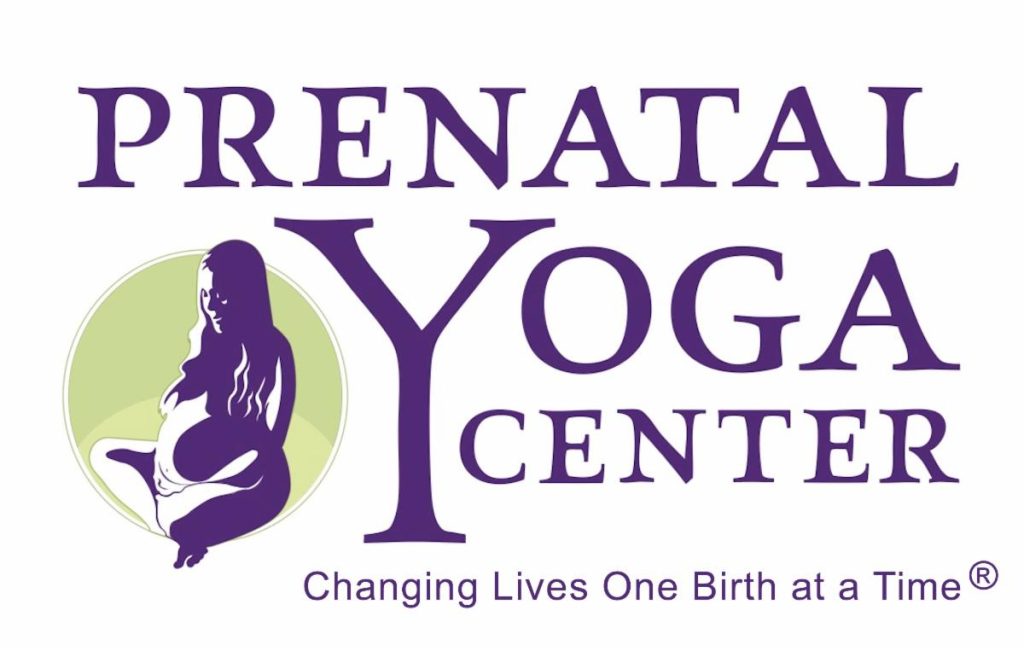Navigation
- A Little History
- Debunking the Myths
- So What Does A Doula Actually Do?
- Why Does Doula Support Matter?
- The Doula’s Toolkit: Support Through Every Stage
- Finding Your Perfect Doula Match
- Why A Doula Isn’t A Luxury — It’s a Game Changer
- Botton Line
- Related Reading and Listening!
The Myths, the Magic, and Why It Matters More Than You Think
Let’s dive deep into the world of doulas — who they are, what they do, and why they matter more than ever. From debunking common myths to understanding their evidence-based impact, this series explores how doulas provide the steady, compassionate support every family deserves through pregnancy, birth, and beyond.
A Little History

Birth support is not new. For thousands of years, people have been helping one another through labor, offering encouragement, wisdom, and care. The modern doula is simply a continuation of that tradition.
Today, the role is more defined and grounded in research, but at its heart, it’s still about one thing: unwavering support through one of life’s most profound transition.
Debunking the Myths
- Myth #1: Doulas are only for unmedicated, home births.
Not true. Doulas support all kinds of births — medicated or unmedicated, vaginal or cesarean, at home, in a birth center, or in a hospital. - Myth #2: A doula replaces your doctor or nurse.
Also not true. Doulas don’t perform medical tasks or make clinical decisions. Their focus is emotional, physical, and informational support — something your busy medical team may not always have time to provide continuously.
So What Does a Doula Actually Do?
Imagine being in labor. Your doctor stops in for key moments. Your nurse might change shifts. But your doula? They’re there the whole time.
They’ll:
- Suggest positions that support labor progress and comfort
- Offer hands-on support like massage or counterpressure
- Guide breathing and relaxation techniques
- Provide reassurance when you hit that “crisis of confidence” that often comes before transition
- Support your partner, helping them feel confident and involved
As one parent put it, “Our doula didn’t replace my partner — she helped him be the best support he could be.”
Why Doula Support Matters
The research is clear. Continuous support from a doula is linked to:

- Shorter labors
- Lower rates of interventions and cesareans
- Greater satisfaction with the birth experience
But beyond the data, there’s something deeply human about having someone by your side who knows you, listens to you, and respects your choices.
A doula isn’t about pushing a certain kind of birth. It’s about helping you feel calm, confident, and cared for — no matter what path your birth takes.
The Doula’s Toolkit: Support Through Every Stage
While many people think of doulas as “labor coaches,” their work often starts long before birth — and continues afterward.
During Pregnancy
Doulas typically meet with clients for prenatal visits to discuss preferences, practice comfort measures, and build trust. Many type up notes to ensure everyone’s on the same page — especially if a backup doula steps in.
These meetings are equal parts education, reassurance, and emotional support. They help parents feel grounded and confident heading into labor.
During Labor and Birth
This is where the doula’s hands-on skills shine. They provide physical comfort (massage, counterpressure, movement suggestions), emotional encouragement, and informational guidance when decisions arise.
And they’re not just there for the birthing person — they also support the partner, offering breaks, tips, and reassurance.
After the Birth
Many doulas continue their care postpartum, helping families adjust. They may offer guidance with breastfeeding, check in emotionally, or connect you with trusted local resources.
In short, the doula’s toolkit spans education, emotional reassurance, and practical support through every stage of the perinatal journey.
Finding Your Perfect Doula Match

Not all doulas are the same — and that’s a good thing! Just as every family is unique, each doula brings their own personality, style, and specialties.
Key Qualities to Look for:
- Personality fit: Do you feel calm, seen, and supported by this person?
- Communication style: Do you prefer grounding and calm energy, or upbeat enthusiasm?
- Training & certification: Many doulas train through organizations like DONA or CAPPA and pursue continuing education.
- Experience: Ask about the types of births they’ve supported and if they’ve worked in your chosen birth setting
Sometimes it’s less about numbers and more about alignment.
Practical Steps
- Interview doulas: Most offer a free consultation. Come with questions and trust your gut.
- Discuss fees: Costs vary widely. Some agencies offer tiered pricing or payment plans.
- Review contracts: Understand what’s included — prenatal visits, backup doulas, on-call times, and postpartum follow-ups.
Finding the right doula is about partnership. When the fit feels right, the support feels seamless.
Why a Doula Isn’t a Luxury — It’s a Game-Changer
People sometimes view doulas as a “nice extra” if your budget allows. But the truth is, doulas are a powerful, evidence-based part of birth support.
Even major organizations like the World Health Organization (WHO) and the American College of Obstetricians and Gynecologists (ACOG) recognize the benefits.
Emotional and Practical Advocacy
Beyond the numbers, doulas help families feel seen and heard. They ensure parents understand their options, feel confident asking questions, and remain active participants in decision-making.
That empowerment often shapes how parents see themselves long after birth — fostering confidence, trust, and resilience.
Making Doula Support Accessible
If affordability is a concern, know that there are options:
- Some agencies offer tiered pricing based on experience
- Many states now include doula coverage under Medicaid
- Active “Doula Pilot Programs” and nonprofits offer free or low-cost care
Bottom Line
Doulas aren’t about luxury — they’re about connection, confidence, and care.
Whether you’re planning your first birth or supporting others as a yoga teacher or educator, understanding the role of doulas helps reframe birth from something to endure into something to be supported through.
When people feel seen, informed, and empowered, it changes not just their birth — but how they step into parenthood.
If you’d like to hear more about the realities of birth support and the changing landscape of perinatal care, tune in to my conversation with Dr. Jessica Vernon on the Yoga | Birth | Babies podcast. We dive into her book Then Comes Baby and explore how the healthcare system can better support new parents—body, mind, and heart.
Learn more about the PYC Method and our online and in person classes!
Related Reading, Listening & References
Article : How Your Partner Can Support Your During Pregnancy and Birth
Podcast: Everything You Need to Know About Hiring A Doula with Francie Webb
References: Volunteer Doula programs state by state Radical Doula







